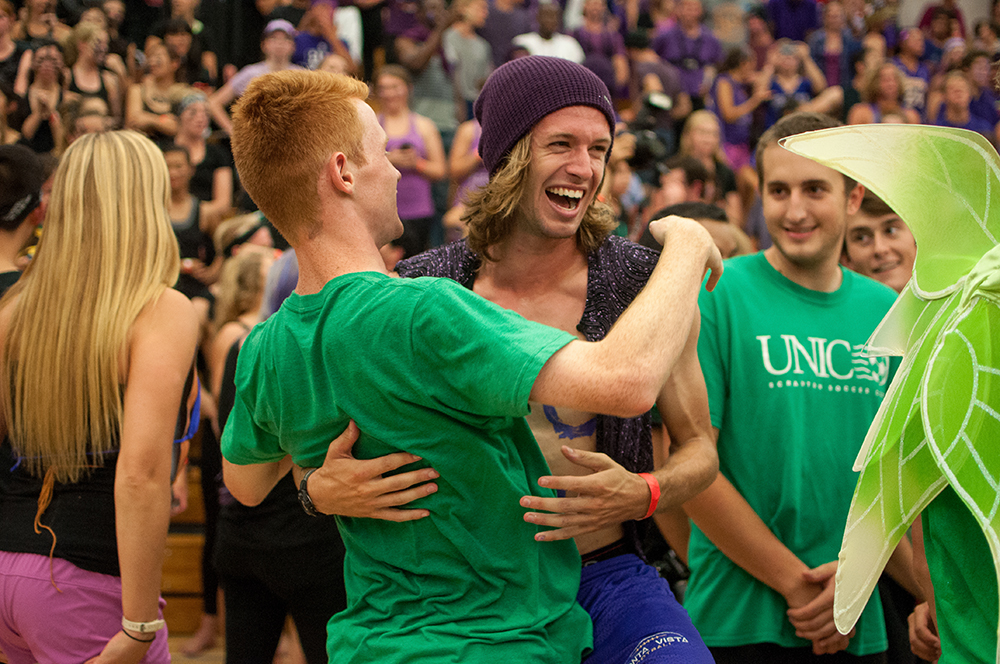As we go about our daily lives, we pass by so many strangers, whether it be on campus, at the grocery store or back home. They share many of the same things that you do, such as being a fellow student and having a passion for Christ, but there is no connection. Each of you move on as separate individuals, going back to your own dorms and houses to live your own lives.
I am not saying you should probe and share your life experience with every single person that happens to be within 20 feet, but I am rather pointing out there are more strangers than friends on this campus. Within our American culture, from the national level to the local, a “community conscience” is either silent or non-existent. If we turn to social media to see what the people as a whole are thinking, you will often find that the minority opinions shout the loudest and thus get the most attention. So that begs the question — how do you plug in and connect a community.
The answer is simple — show up. From dinners to carnivals to council meetings to parent-teacher nights and even to walking your dog, coming out of your cave to interact with fellow human beings on a constant basis does the trick. I know this because it proved vital to the victory in my months-long campaign for public office.
SHOWING UP
As the famed Hollywood director Woody Allen quipped, “Showing up is 80 percent of life.”
The life that goes on within an area happens in the conversations at the community events. You will hear discussions ranging from the local gossip to a streetlight out to a nosy neighbor and especially the latest hot button issues.
So what do we do about it? What are the real life problems of disconnect that need alleviating? There are many, but I will touch on one — people and their government.
BE ENGAGED
Both Biola’s campus and the world at-large have a Grand Canyon sized chasm of understanding between their elected representatives and their true concerns. Much ink could be spilled about the philosophies of governance but it all truly boils down to voter apathy. No one cares. In Los Angeles only 8.6 percent of voters turned out. In other words, out of 2.3 million people, less than 200 thousand bother to cast a ballot. The pattern remains the same here at Biola: of the approximately 4300 undergraduate students, 1285 voted in the Student Government Association Presidential election, which is about a 30 percent turnout. This lack of participation in both types of communities divides us into two classes: the governing class who decide our lawmakers and the subject class who has no voice because they choose not to have one.
I urge everyone reading this, no matter how busy a life you may have, to engage in what goes on. Show up, even once, to a campus-wide event. Make that connection with the floor below you, the dorm hall across campus, and even those people who commute from our neighboring cities. Make the most out of your short time here. Say hi to that random student on the way to class. It starts with you.







